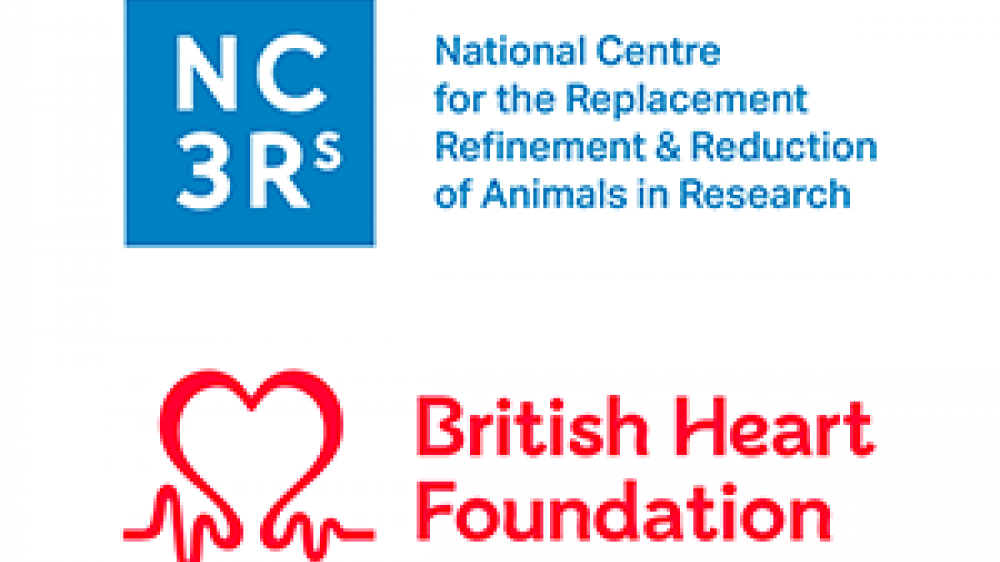We are launching a new series of monthly blog posts by our Chief Executive, Dr Vicky Robinson.

We are launching a new series of monthly blog posts by our Chief Executive, Dr Vicky Robinson.

A study published in Nature reported the creation of brain organoids that mimic the developing human cerebrum for the very first time.
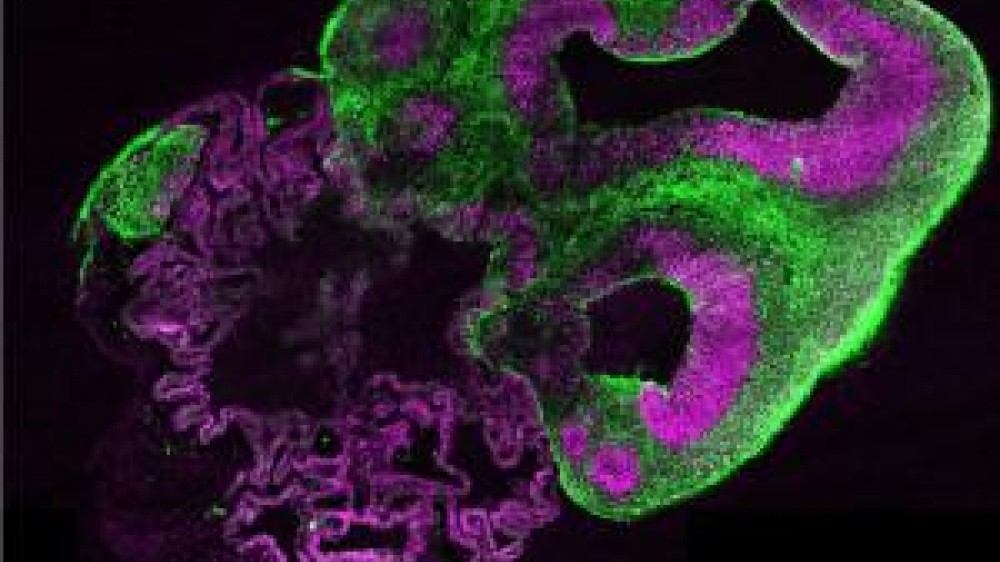
A new study has shown that introducing physiologic cues to the in vitro culture of hepatocyte-like cells (HLCs) makes them a more relevant hepatocyte model that can be used in non-animal liver toxicity testing.
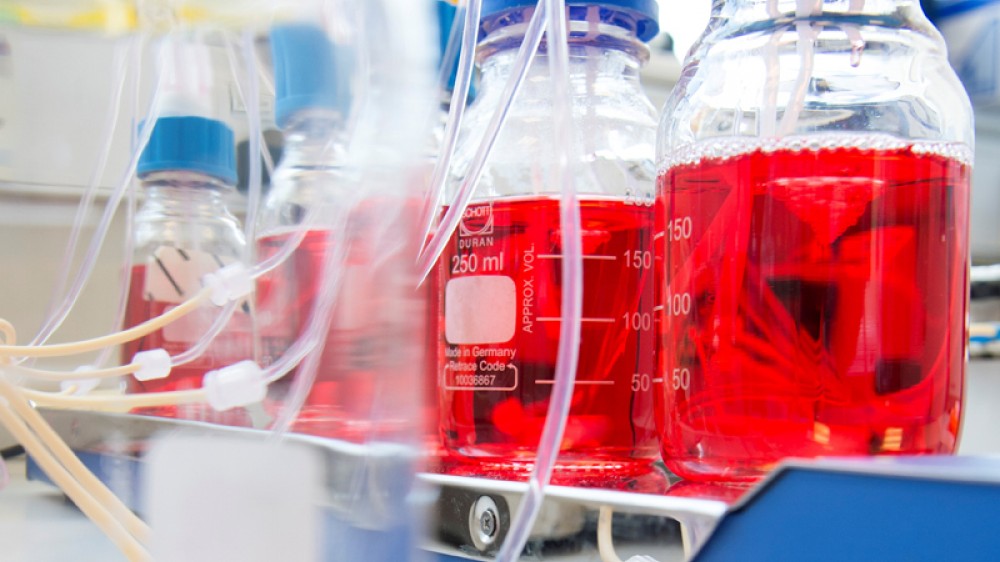
The work of the NC3Rs is increasingly international. We continue to maintain our focus as the UK’s national centre on the 3Rs, but as our portfolio of office-led data sharing activities has grown, so too has the number of overseas partners that we
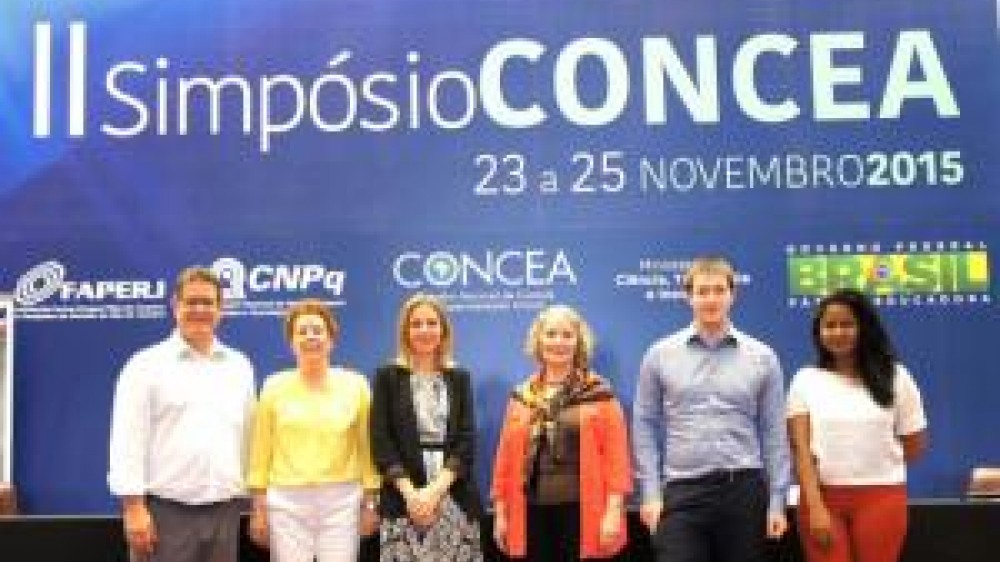
A study describes a new method to grow a drug resistant sub-population of cancer stem cells (CSCs) in vitro, providing an opportunity to screen compounds that target these cells using fewer animals.
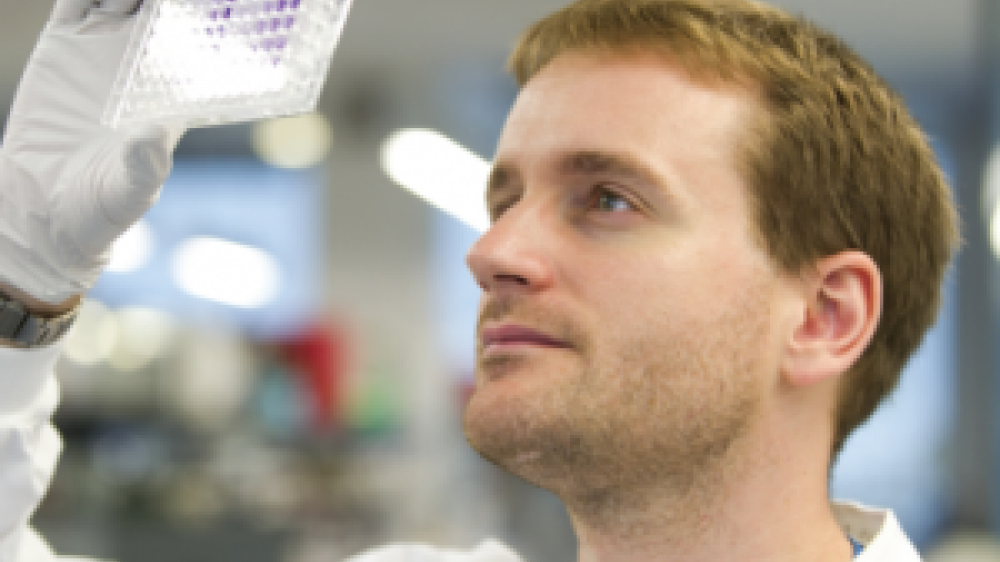
Three projects have each been awarded £30,000 seed funding, through the NC3Rs CRACK IT Solutions partnering programme, to support collaborations which will help develop, validate and test technologies with 3Rs potential.

Researchers at the University of York are seeking partners with expertise in mammalian cell culture to develop novel mathematical approaches for in vitro to in vivo extrapolation.
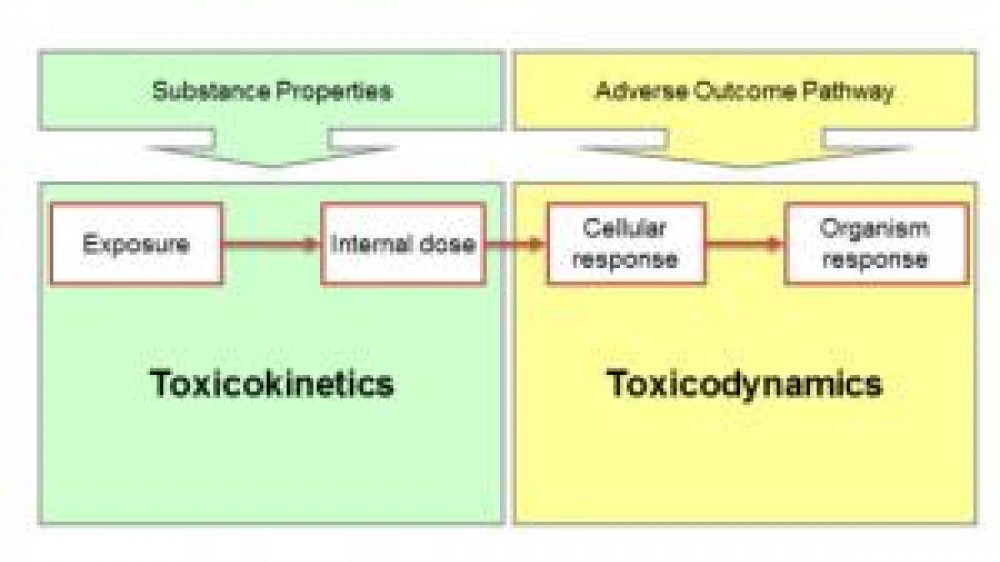
Six teams have been awarded funding in Phase 1 of the latest NC3Rs CRACK IT Challenges competition, a challenge-led competition run in collaboration with the UK’s innovation agency, Innovate UK, using its Small Business Research Initiative (SBRI).

Three pieces of outstanding published research with 3Rs impacts have been given awards in this year’s 3Rs Prize competition, run by the NC3Rs, and sponsored by GlaxoSmithKline (GSK).
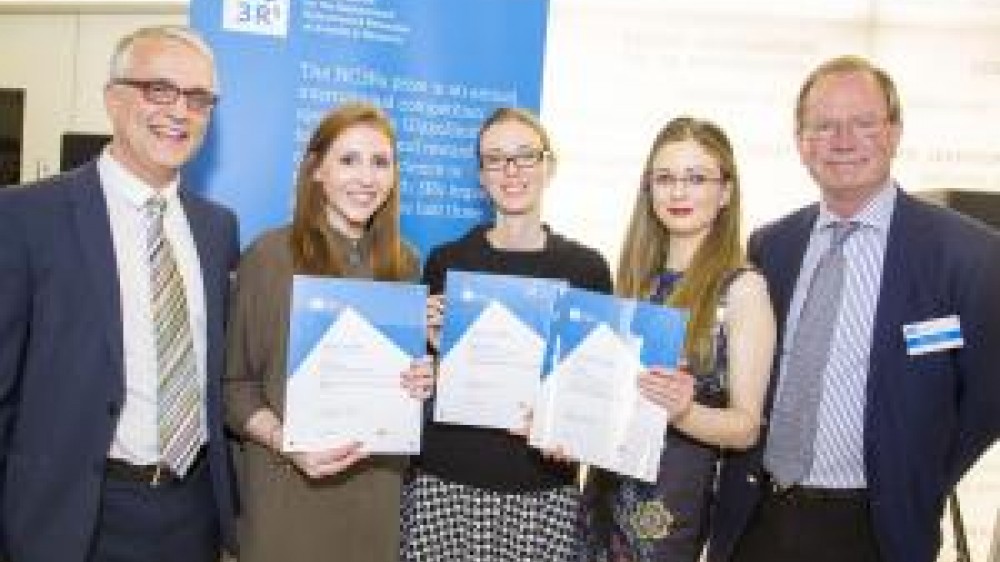
A new e-learning training package designed to help researchers and animal care staff identify signs of good and poor welfare in laboratory animals has been launched online.
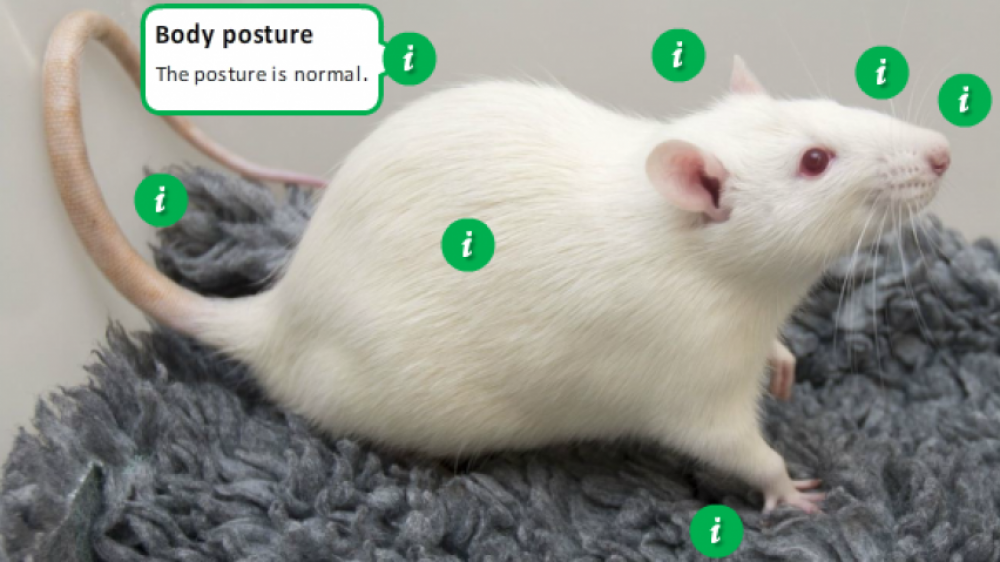
Fish are commonly used in experiments to identify environmental hazards and pollutants in water.
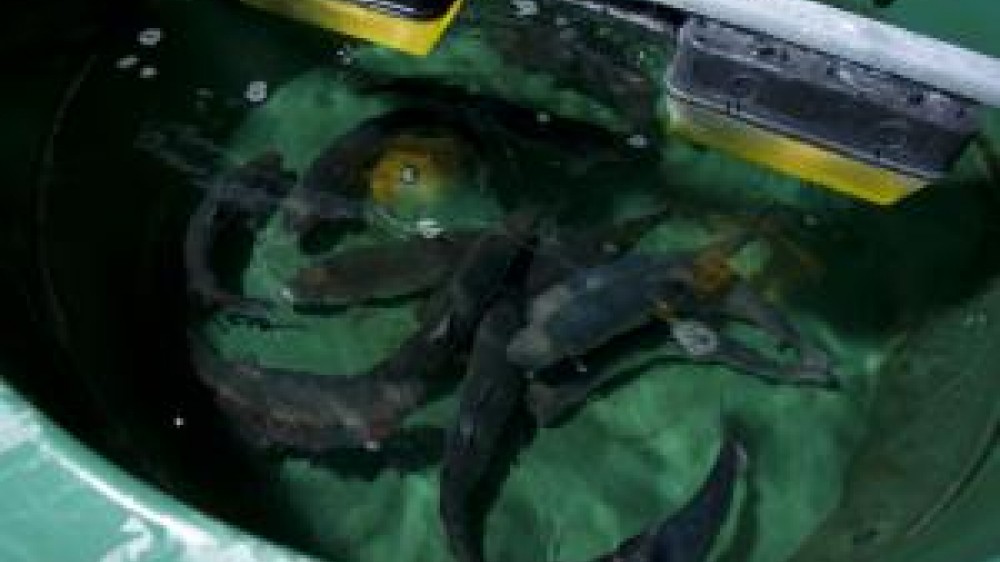
Bovine tuberculosis (bTB) is one of the biggest challenges facing the cattle farming industry in the UK.
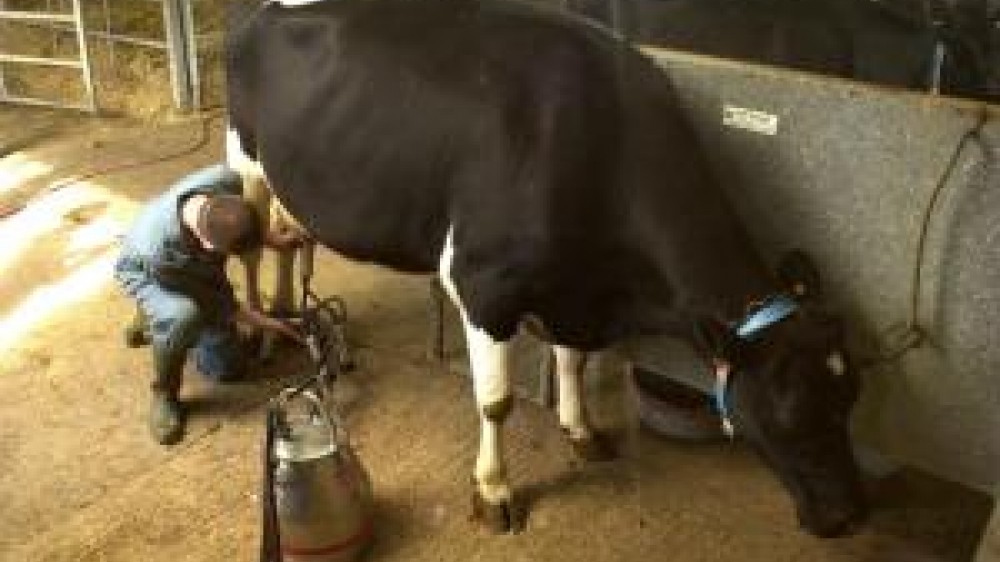
The ARRIVE guidelines were launched in 2010, and since their publication the scientific community have been using the guidelines to improve the reporting of animal research.
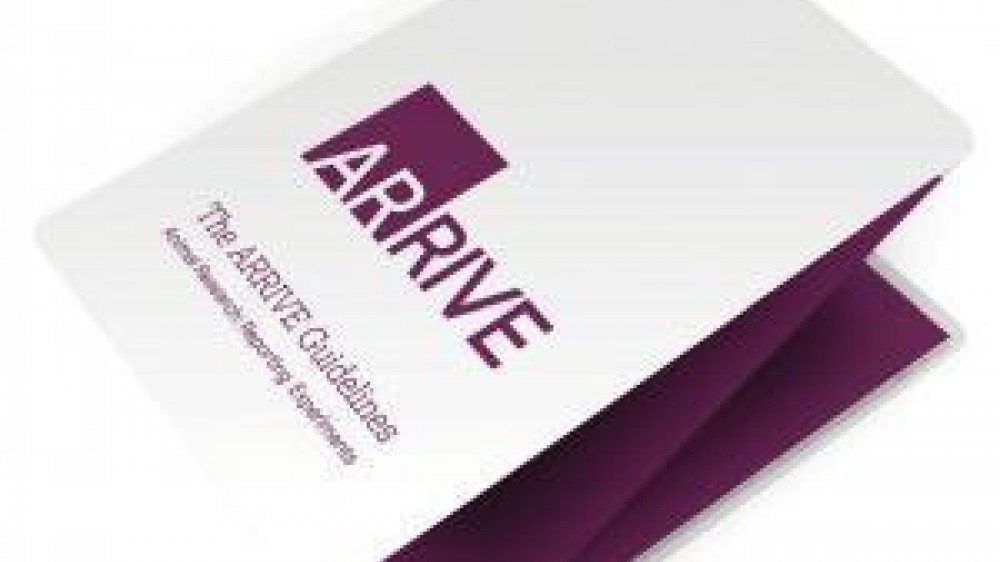
Invertebrates such as Drosophila melanogaster (the fruit fly) are used extensively in research on complex biological processes and disease mechanisms.

A new e-learning resource focusing on the assessment of laboratory animal welfare has been launched to help researchers and animal care staff to identify signs of good and poor welfare in research animals.
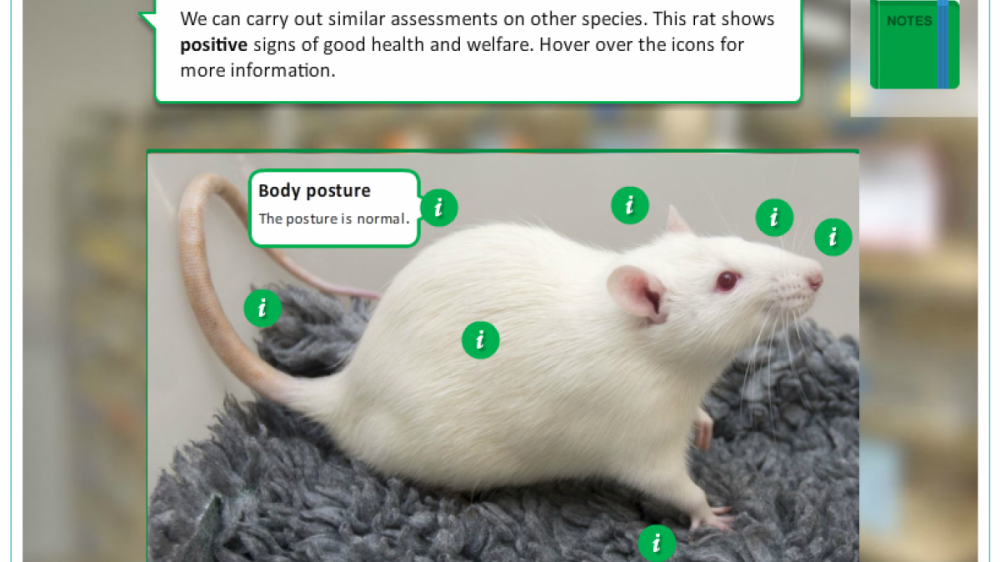
A collaborative research team looked at improving toxicity testing via in vitro tests, to enable faster and more efficient evaluation of chemical effects on human health without the use of animals.

A new tool to help authors find and use the most appropriate reporting guidelines has been launched by Penelope, a start-up company seeking to simplify the academic publishing process.

Since 2011, CRACK IT has showcased 21 Challenges, invested more than £14 million, and has connected more than 170 organisations from industry and academia in 20 new projects to develop innovative products to address bioscience needs.
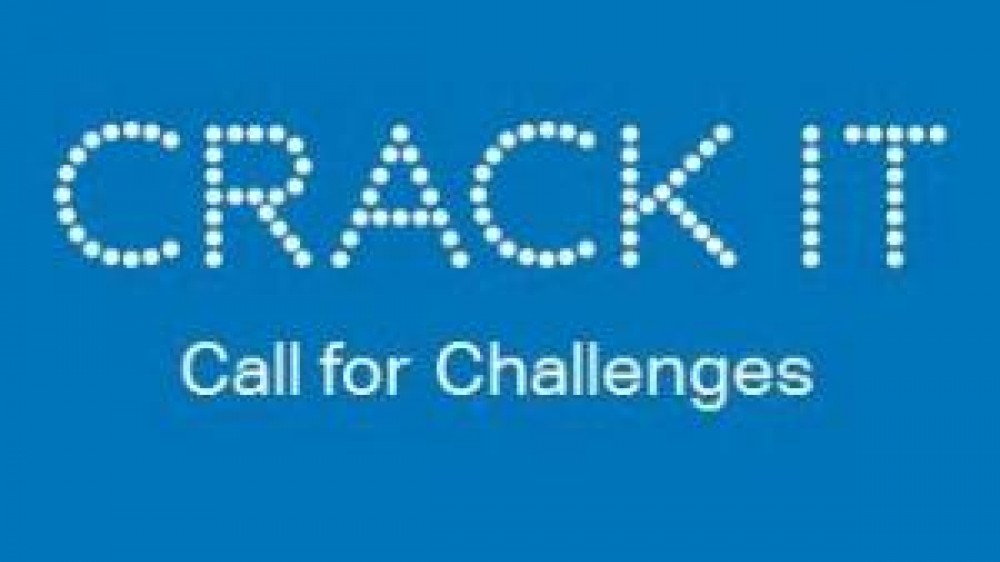
The NC3Rs open innovation platform CRACK IT has awarded £1 million in its annual competition run in collaboration with the UK’s innovation agency, Innovate UK, using the Small Business Research Initiative (SBRI).
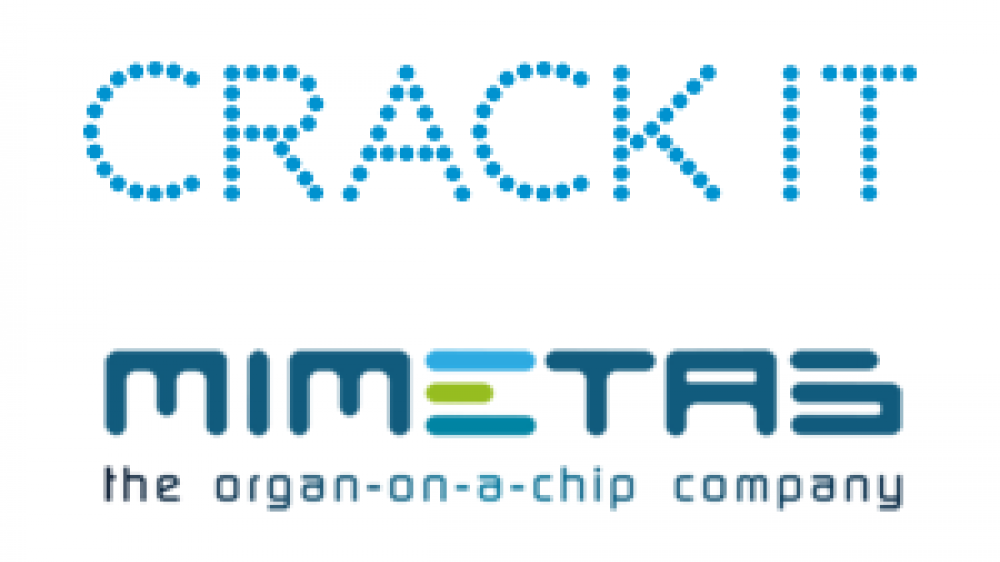
The NC3Rs and the British Heart Foundation partner to fund new PhD studentship awards.
